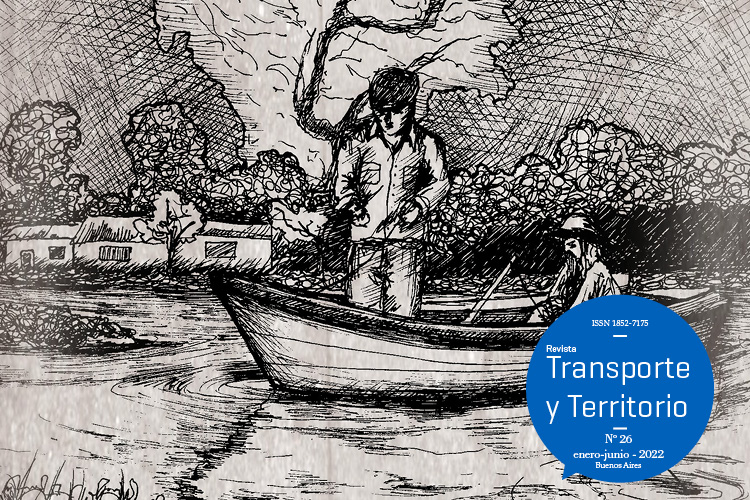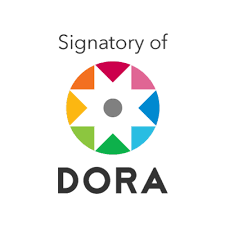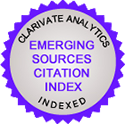Desbordamiento espacial en la generación de viajes y tiempos de traslado al empleo, Ciudad Juárez, México
Keywords:
Spatial spillover, Mobility, Spatial distribution, Spatial regression, Urban development
Abstract
The objective of this work is to analyze the existence of spatial spillover that generate intra-urban differences, both in the generation of travel and in travel times to work in public and private transport associated with cadastral values, accessibility of employment and social deficiencies. Based on inputs from localization theory, employment subcenters and spatial interaction, a quantitative methodology was designed to estimate three models of spatial regression. In the results, on the one hand, it was found that the cadastral value variable has indirect effects on attracting daily trips; on the other, social deficiencies are associated with longer travel times on public transport and the accessibility index to private transport employment. The methodological proposal provides an alternative for the analysis of urban variables, for the incorporation of the effects of spatial spillover in the generation of politics related to daily mobility.Downloads
Published
2022-11-16
How to Cite
Hernández Hernández, V., & Chaparro Hernández, I. (2022). Desbordamiento espacial en la generación de viajes y tiempos de traslado al empleo, Ciudad Juárez, México. Revista Transporte Y Territorio, (26). https://doi.org/10.34096/rtt.i26.9980
Section
Artículos

1.jpg)

3.png)























